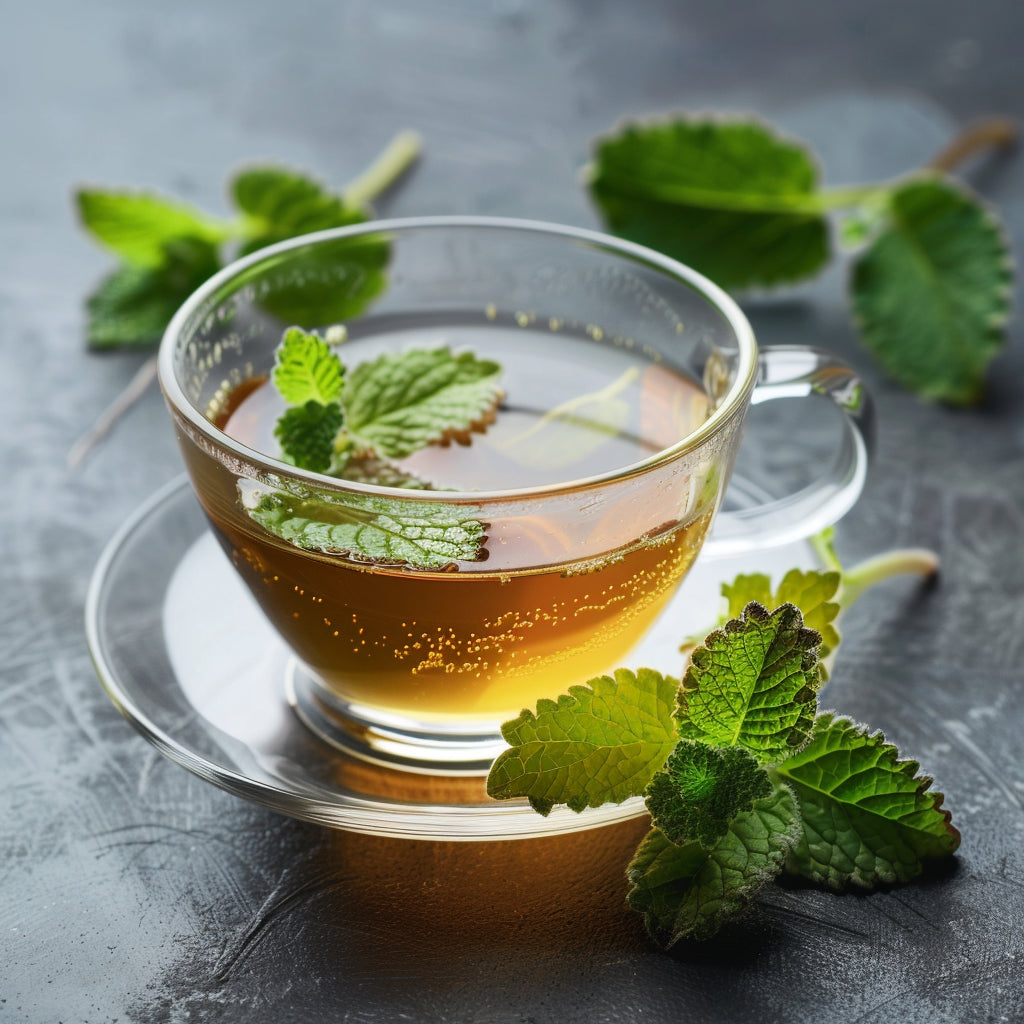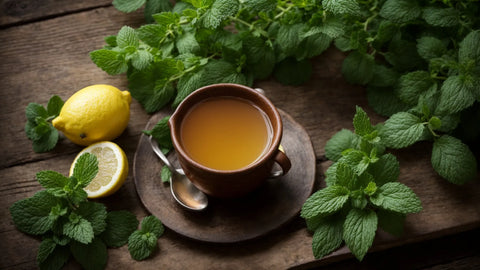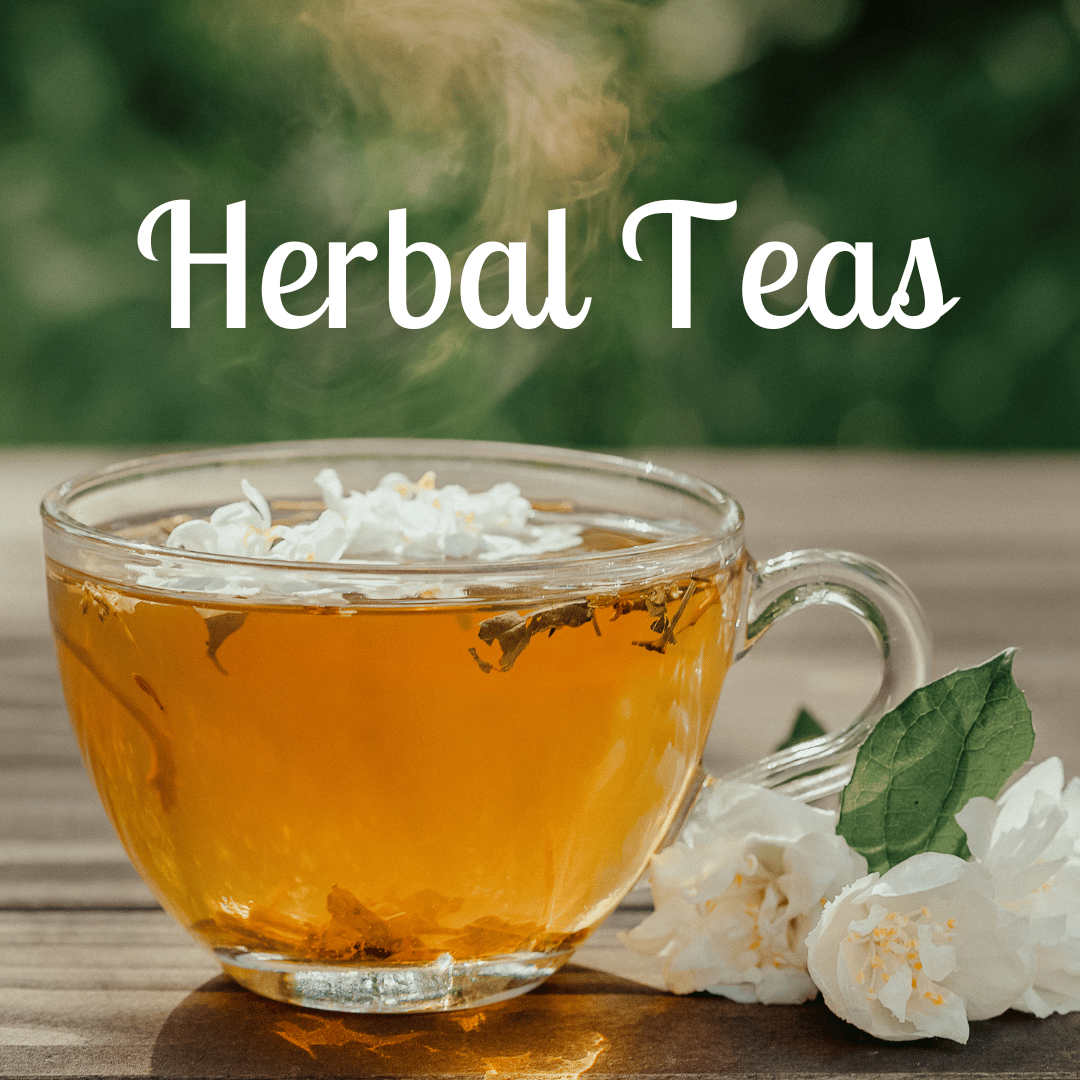Your Cart is Empty
Tea taste has an enjoyable flavour. I'm not sure about the title of the tea, being slim tea & all. I guess if oneself drinks only tea for a couple of days, it will bouth so slim down.
Hi Tasha,
Thank you for your honest feedback on the Bondi Slim Tea 28 Day Detox We're glad you enjoyed the flavour! This blend is designed to support healthy digestion, reduce bloating, and gently promote natural detoxification — especially when paired with a balanced diet and lifestyle. Results can vary depending on your unique body, but many customers find it helps them feel lighter and more energised.
We appreciate you giving it a try and welcome you to reach out if you have any questions or would like personalised tips on getting the most from your tea program!
Warm regards,
The Bondi Beach Tea Co. Team
Bondi Organic Paw Paw/Papaya Leaf Tea
Hi Henry,
Thanks so much for the 5-star review! We’re so glad to hear you’re enjoying the Bondi Organic Paw Paw / Papaya Leaf Tea — it’s a popular choice for those looking to support immune function and overall wellbeing
We appreciate your support and look forward to sending more wellness your way!
Warm regards,
The Bondi Beach Tea Co. Team
Soursop Organic - Graviola Tea
Hi Alex,
Thanks so much for your 5-star review! We’re thrilled to hear you’re enjoying the Soursop Organic – Graviola Tea It’s one of our most popular wellness blends, and we love knowing it’s hitting the mark for our customers.
Appreciate your support and hope to see you back for a top-up soon!
Warm wishes,
The Bondi Beach Tea Co. Team
Living in NZ it can be tricky sorting out options for organic products.
Love Bondi Beach Tea service and product, purchased this tea on reccommendations of others and studies supporting its use for cancer management.
Love the tea strainer, offered with purchase, and at reduced cost..
Well done team:)
Hi Gwenda,
Thank you so much for your thoughtful review! We’re so glad to hear that our Soursop Organic – Graviola Tea has been helpful and that you found the ordering process smooth even from NZ
We know how important it is to access high-quality organic teas, especially when they’re being used for health support — so your feedback really means a lot. Also thrilled you loved the tea strainer bonus!
Thanks again for your trust in Bondi Beach Tea Co. — we’re here whenever you need a top-up











